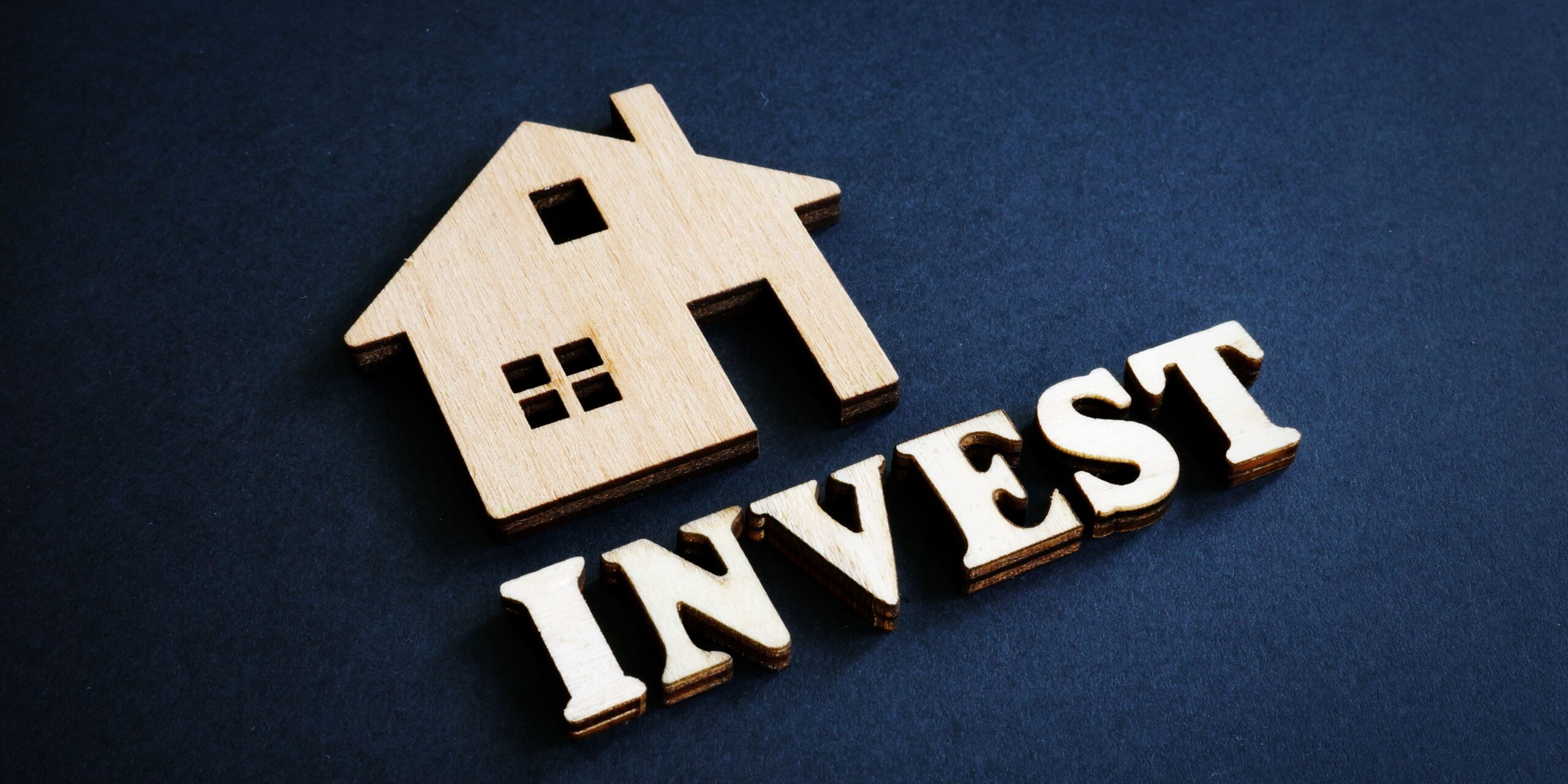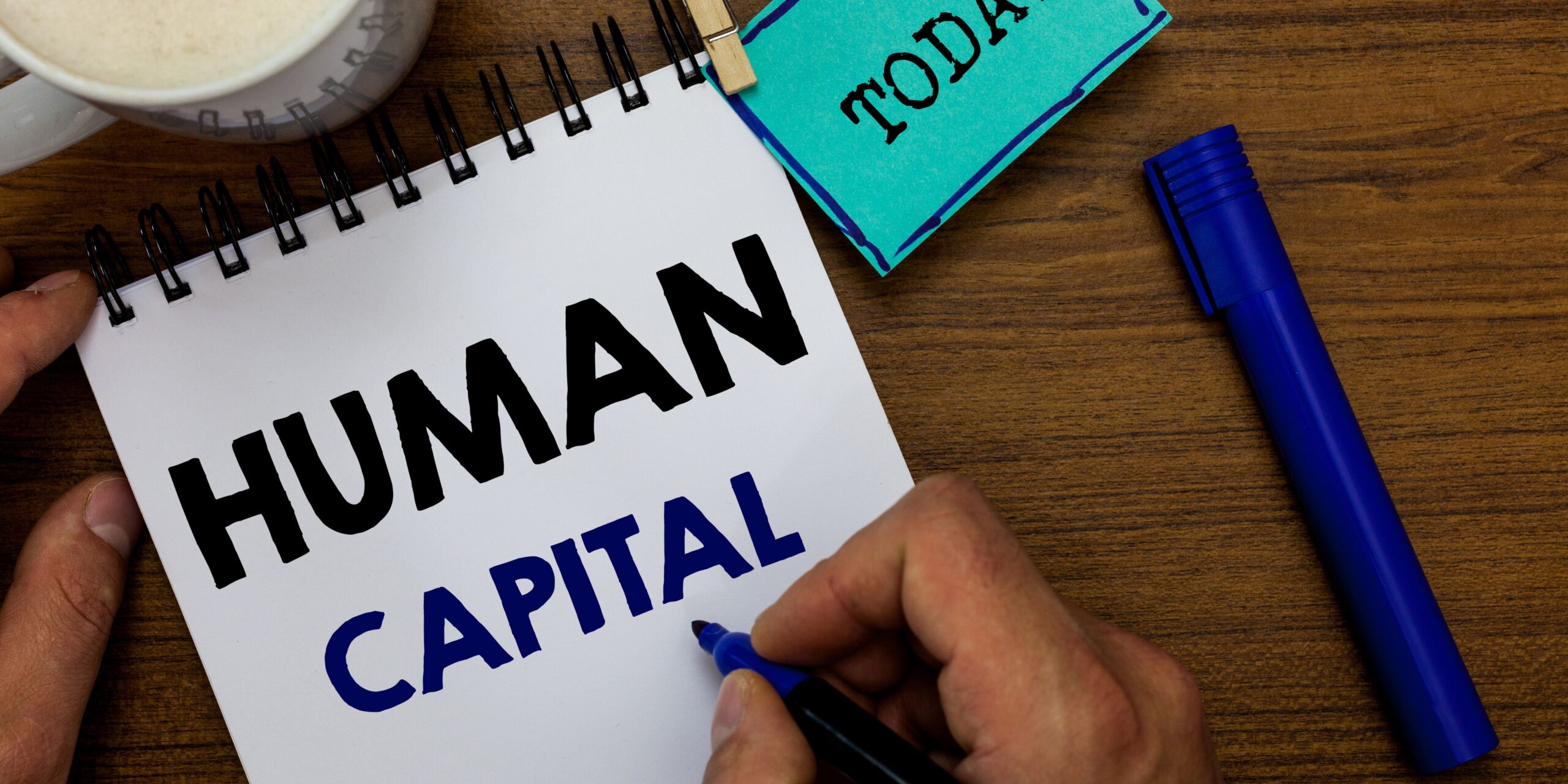You’re about to attend a job interview. You’re wondering how to stand out, tackle tough questions, or manage your stress? These concerns are natural and shared by many candidates. A career change? An online interview or a traditional face-to-face meeting? Each situation raises legitimate questions. How can you present your skills convincingly? How do you address sensitive topics like employment gaps or salary expectations? These questions deserve clear answers tailored to your reality. This guide is designed to support you through every stage of the process—from preparation to post-interview follow-up.
We will explore different types of interviews, common pitfalls, stress management strategies, and techniques for structuring your answers. You’ll also learn how to showcase your skills, overcome obstacles, and leave a strong impression at the end of the interview. Each section provides practical advice and actionable tools, always considering your needs and concerns. This guide is not just a checklist of tips—it’s a genuine roadmap to maximize your chances of success. Get ready to approach your upcoming interviews with confidence, calmness, and a clear understanding of what recruiters expect.
The Objectives of a Job Interview
The job interview is your opportunity to demonstrate your skills and convince the recruiter in just a few moments. It aims to assess your ability to take on the role, your understanding of the responsibilities, and your fit with the company culture. During this meeting, you also have the chance to highlight experiences that showcase your added value. The recruiter, on their end, seeks to clarify your motivations and test your skills in real-world scenarios. This discussion helps determine whether your expectations align with those of the company. Preparing carefully allows you to project a strong and convincing image. The interview also gives you the opportunity to ask questions to assess whether the company matches your aspirations.
Different Types of Job Interviews
Recruiters use various interview formats to evaluate your skills and personality from multiple perspectives.
The phone interview usually serves as a first contact to confirm key points like availability or salary expectations.
The in-person interview offers a direct interaction for an in-depth evaluation of your background and responses.
The now-common video interview requires technical preparation to ensure a smooth conversation.
Group interviews, often used for roles that demand collaboration, allow recruiters to observe your behavior in a team setting.
Some hiring processes also include technical interviews to test specific know-how, or case studies/simulations that replicate real job challenges. Tailoring your preparation to each format gives you a significant edge.
How to Prepare for a Job Interview
Preparation is a crucial step to approach the interview with confidence and ease. Start by researching the company, its industry, and the responsibilities listed in the job posting. Analyze your own career to identify concrete examples that highlight your strengths.
Practice answering common questions with clear and concise answers. Prepare relevant questions about the job and company to show genuine interest.
Choose an appropriate outfit and double-check all logistics, such as the location or the video call link.
A thorough preparation allows you to enter the interview with composure, clarity, and self-assurance.
Common Mistakes to Avoid During an Interview
Some mistakes, although frequent, can damage your interview performance.
Being late sets a poor first impression, as does showing a lack of preparation.
Vague or unclear answers suggest lack of engagement. Avoid badmouthing past employers—it appears unprofessional.
Don’t dominate the conversation, but don’t be too passive either; strike a balance.
Failing to ask questions or show interest might suggest low enthusiasm.
By staying aware of these pitfalls, you significantly increase your chances of success.
Managing Stress During the Interview
Stress can interfere with your performance, but simple techniques can help you manage it.
Take deep breaths before starting to calm your mind and body.
Being prepared and knowing your background in detail boosts your confidence.
See the interview as a professional conversation, not an interrogation, to reduce perceived pressure.
If a question throws you off, take a few seconds to organize your thoughts before responding.
Remember: the recruiter wants to understand you better—not to trap you.
An open posture and calm tone reinforce your confidence and encourage a productive exchange.
How to Answer Tough Questions
Some recruiters ask tricky or unexpected questions to see how you handle pressure.
Prepare for classics like your weaknesses or a professional failure.
Be honest while highlighting what you learned from these situations.
If a question seems intrusive, answer diplomatically and steer toward a relevant topic.
For technical questions, don’t hesitate to explain your reasoning, even if you don’t have the exact answer.
Behavioral questions require concrete examples and measurable outcomes.
How to Close an Interview Effectively
The end of the interview is a valuable chance to leave a positive and memorable impression.
Thank the recruiter for their time and briefly reaffirm your interest in the role.
Ask relevant final questions about next steps or company expectations.
Stay alert to verbal or non-verbal signs that indicate the interview is wrapping up.
If possible, summarize in one sentence how your profile matches the job’s needs.
Send a thank-you email afterward to reinforce your candidacy and show professionalism.
The Day of the Interview
Interview day is your moment to showcase your skills and motivation.
Double-check practical details like location, time, and format (in-person or video).
Dress professionally according to the company’s industry.
Plan to arrive 10–15 minutes early to avoid stress from being late.
Once there (or logged in), show engagement from the first seconds with a warm and confident greeting.
Take a deep breath beforehand to set a calm and focused mindset.
Personal Introduction
Your personal introduction is often the first moment the recruiter forms an impression of you.
Prepare a concise yet impactful answer to the classic “Can you introduce yourself?”
Start with a summary of your background, emphasizing relevant skills.
Include concrete examples to support your strengths.
Avoid reciting your résumé—focus on the most relevant highlights.
Show enthusiasm for the opportunity and explain what motivates your application.
A well-structured introduction sets the tone for the rest of the interview.
Stress Management
Stress can impact your performance, but the right strategies help you stay in control.
Practice answering common questions to build a solid base.
Breathe deeply before starting to reduce physical and mental tension.
Adopt a positive mindset by viewing the interview as a professional conversation.
If a question catches you off guard, pause to organize your thoughts before answering.
Remember, the recruiter wants to understand your skills and qualities.
A calm, thoughtful attitude reflects your ability to handle pressure.
Body Language
Your body language speaks as much—or more—than your words.
Maintain eye contact to show engagement and confidence.
Keep a straight yet relaxed posture, avoiding nervous or excessive gestures.
Use open and friendly facial expressions to reflect a positive, approachable attitude.
Avoid crossing your arms—it may signal defensiveness.
Slightly nod when the recruiter speaks to show active listening.
Mastering body language strengthens your impact and builds a constructive atmosphere.
Verbal Communication
Clear, structured communication is essential to persuade the recruiter and present your ideas effectively.
Speak calmly and confidently, avoiding rapid speech.
Structure your responses in three steps: clear context, concise explanation, measurable result.
Avoid vague or generic terms—prefer specific examples from your experience.
Ask relevant questions to express interest and create a two-way exchange.
Listen carefully to avoid answering off-topic.
Fluent, relevant communication boosts your credibility throughout the interview.
During the Interview
The interview is a privileged exchange where you can showcase your strengths.
Keep eye contact to show interest and engagement.
Listen to each question carefully before answering to ensure a targeted response.
Maintain a calm tone and articulate clearly.
Rephrase complex questions to demonstrate your reflection and professionalism.
It’s also your chance to ask questions about the company or role to assert your motivation.
How to Answer Questions
Structuring your answers ensures clarity and credibility.
Start by briefly explaining the context of a relevant professional situation.
Describe the specific actions you took to resolve a problem or achieve a goal.
End with measurable results to demonstrate your impact.
Be authentic—avoid generic, shallow answers.
If a question is difficult, pause to collect your thoughts.
Clarity and relevance are key to making a strong impression.
Highlighting Your Skills
The interview is a unique platform to demonstrate your skills and achievements.
Use real examples from your experience to support your points.
Emphasize technical or soft skills that align with the job’s requirements.
Showcase your problem-solving ability or your talent for collaboration.
Mention relevant training or certifications.
Frame each skill as a valuable asset for the company’s objectives.
This approach strengthens your impact throughout the interview.
Handling Difficult Questions
Recruiters sometimes ask tough questions to assess your composure.
When asked about weaknesses, highlight something you’ve been actively improving.
When discussing a failure, focus on lessons learned and how they enriched your expertise.
If faced with a technical question beyond your scope, explain how you’d solve it in real life.
Show you tackle challenges with a positive mindset and a desire to grow.
Take time to organize your response—it shows professional maturity.
Talking About Salary Expectations
Discussing salary requires a professional and thoughtful approach.
Research average pay for similar roles in the same industry.
Wait for the recruiter to bring up the topic before stating your expectations.
Justify your range by highlighting your skills and relevant experience.
Be open to negotiation and show flexibility depending on additional benefits.
End by reaffirming your enthusiasm for the role and your desire to contribute.
A well-prepared approach fosters a transparent, productive conversation.
Specific Tips
Tailoring your strategy to the type of interview ensures a coherent and effective presentation.
Study the recruiter’s expectations for the role.
Prepare detailed answers aligned with the technical or soft skills emphasized in the job post.
If you expect technical questions, review your knowledge to reply confidently.
For roles requiring interpersonal skills, prepare examples that show teamwork or conflict management.
A personalized approach for each situation boosts your credibility and shows commitment.
Online Interview
An online interview requires technical preparation just like an in-person one.
Check your internet, camera, and microphone to ensure smooth communication.
Pick a quiet location with a neutral background to avoid distractions.
Look at the camera—not the screen—to simulate eye contact.
Speak clearly and articulate well to prevent misunderstandings.
Have a backup plan in case of technical issues to reflect professionalism and adaptability.
Group Interview
A group interview helps recruiters observe your interaction skills in a collaborative setting.
Be proactive and participate actively—without dominating the conversation.
Acknowledge others’ ideas and show you can build on collective input.
Demonstrate leadership when appropriate, but stay humble and team-oriented.
Expect scenario-based exercises to test your group dynamics.
Tailor your tone and input to the context, keeping it respectful and constructive.
Balance initiative and cooperation—it’s key to succeeding in this format.
Career Change
A career change can raise questions, but it’s also a chance to highlight your adaptability.
Prepare a clear explanation of your reasons and what this shift brings to your journey.
Emphasize transferable skills gained from past roles relevant to your target position.
Show that your move is thought-out, based on industry research or company insights.
Use training or personal projects to demonstrate your commitment.
A proactive stance reassures the recruiter and can make your transition a strategic advantage.
Gaps in the Resume
Addressing career gaps requires transparency and a positive tone.
Prepare a clear explanation—personal or professional—of the breaks.
Highlight skills or enriching activities completed during this time (training, volunteering, etc.).
Refocus the conversation on your relevant experiences and achievements.
Speak confidently about how these periods contributed to your growth.
If the recruiter insists, be honest yet brief, so the spotlight returns to your strengths.








